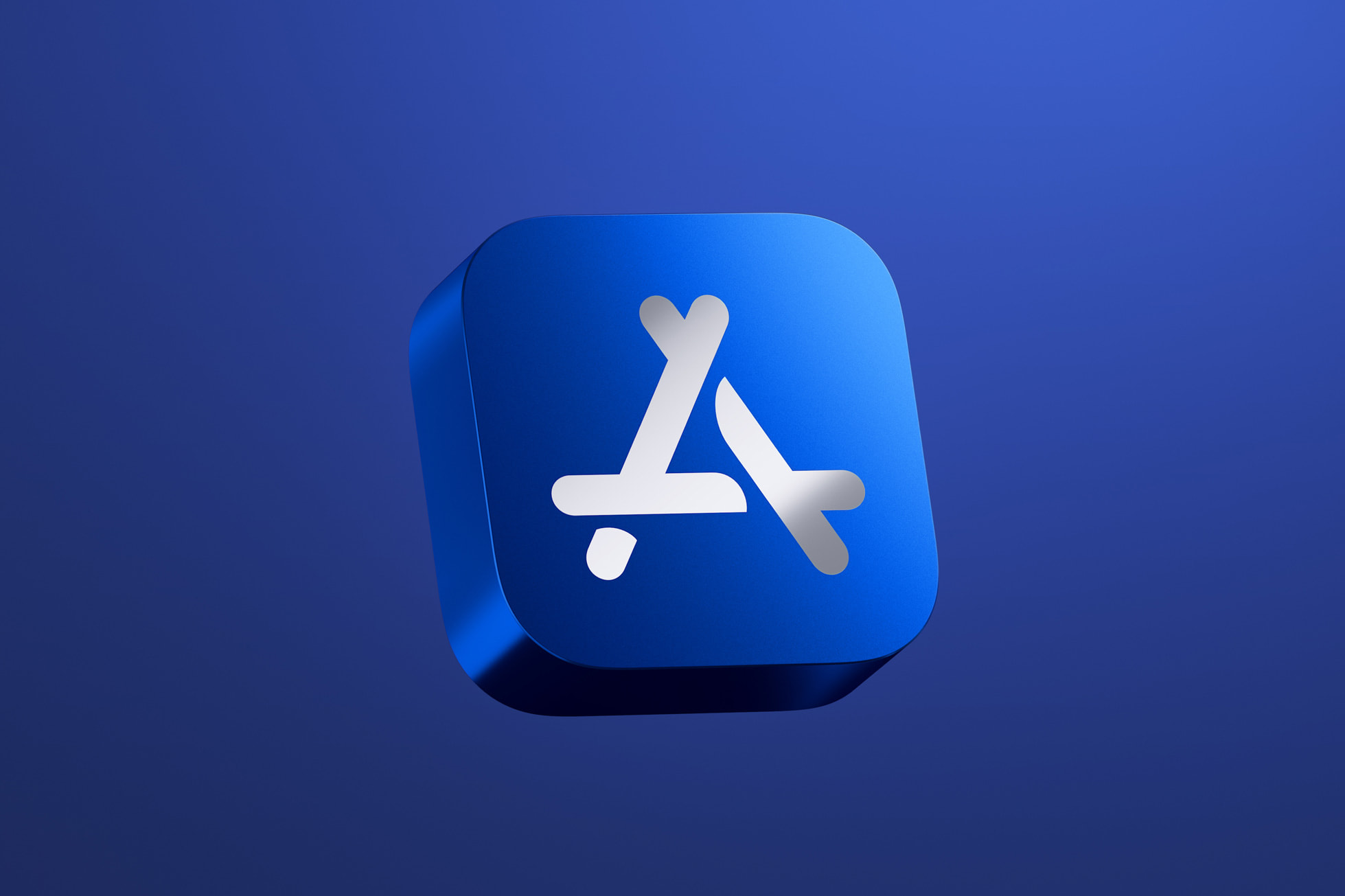vdrsoftwareonline.com – The Apple App Store, launched in July 2008, has transformed the way people interact with technology. Serving as a central hub for iOS applications, the App Store has created a thriving ecosystem that connects developers, users, and businesses. With millions of apps available for download, the App Store has redefined how software is distributed, purchased, and consumed, and it remains a critical component of Apple’s business strategy.
A Brief History of the App Store
Before the launch of the App Store, mobile applications were primarily distributed through software vendors or carrier-specific platforms, such as the Nokia Ovi Store or BlackBerry’s App World. However, Apple revolutionized this model by creating a centralized marketplace for iPhone and iPad apps, allowing developers to reach a global audience with ease.
In its first year, the App Store surpassed 1 billion downloads. By 2011, it had become the go-to platform for developers, with more than 500,000 apps available. Since then, the store has expanded to support not only iOS apps but also apps for macOS, watchOS, and tvOS, making it a key player in Apple’s broader ecosystem.
The App Store’s Key Features
1. Diverse Range of Apps
The App Store is home to a wide variety of apps across different categories, from games and productivity tools to health and fitness apps. Whether you’re looking for an app to track your sleep, edit videos, or even trade stocks, the App Store has something for everyone.
2. Global Reach
The App Store operates in more than 175 countries, allowing developers to distribute their apps to a global audience. It supports a wide range of languages and local currencies, which has enabled apps to achieve worldwide success.
3. Security and Privacy
One of the App Store’s defining features is its strict review process. Apple reviews all apps submitted to the platform, which helps ensure that they meet its high standards for security, privacy, and content quality. This vetting process helps protect users from malicious software, while also providing a level of consistency and reliability across the platform.
4. Developer Tools
The App Store provides developers with a comprehensive set of tools to build, distribute, and manage their apps. This includes access to programming languages like Swift, app development frameworks like UIKit, and advanced tools like Xcode, which makes it easier for developers to bring their ideas to life.
5. Monetization Options
The App Store offers multiple ways for developers to monetize their apps, including paid apps, in-app purchases, subscriptions, and ads. This flexibility has helped fuel the growth of a massive app economy, where successful developers can earn significant revenue.
6. App Store Optimization (ASO)
To help developers stand out, Apple provides various tools and features, such as search optimization, app previews, and promotional materials. ASO (App Store Optimization) has become an entire industry in itself, as developers learn to refine their app descriptions, keywords, and visuals to improve visibility and increase downloads.
Economic Impact and Developer Ecosystem
The App Store has become a critical part of the global app economy, which is projected to generate hundreds of billions of dollars in revenue each year. In 2023, it was reported that the App Store generated $83 billion in gross revenue, which highlights its importance to both Apple and the broader tech industry.
For developers, the App Store has democratized access to the mobile market. Anyone with an innovative idea can potentially reach millions of users with the right app. Some of the world’s largest tech companies, including Facebook, Google, and Microsoft, have achieved success through the App Store, but many independent developers have also turned their apps into lucrative businesses.
The App Store’s Revenue Split
Apple takes a commission on all transactions made through the App Store, typically 30%. However, in 2021, Apple introduced the App Store Small Business Program, reducing the commission to 15% for developers earning less than $1 million per year in revenue. This move was seen as a way to support smaller developers and encourage innovation.
Despite this, Apple has faced criticism from some developers who argue that the App Store’s commission is too high. This has led to various legal battles and regulatory scrutiny, particularly in the European Union and the United States. Nonetheless, the App Store remains the dominant platform for iOS app distribution, with no significant competitors on the same scale.
Controversies and Legal Battles
The App Store has not been without its controversies. Developers and regulators have raised concerns over Apple’s control of the marketplace, the size of its commission, and the App Store’s policies regarding app approval, pricing, and in-app purchases.
The Epic Games Case
One of the most notable legal disputes in recent years was between Apple and Epic Games, the creator of Fortnite. In 2020, Epic Games attempted to bypass the App Store’s payment system, leading to a legal battle over Apple’s control over iOS app distribution and its App Store policies. While the court ruled that Apple must allow developers to provide alternative payment options, it did not order Apple to allow third-party app stores or sideloading, which would have undermined its control over the platform.
Regulatory Scrutiny
Governments around the world have raised concerns about Apple’s market dominance and its treatment of developers. The European Commission has launched investigations into Apple’s App Store practices, accusing the company of anti-competitive behavior. These regulatory challenges could lead to changes in how the App Store operates, including potential requirements for more openness and reduced commissions.
The Future of the App Store
As the App Store continues to evolve, several trends are emerging that could shape its future:
- Augmented and Virtual Reality: With the launch of Apple’s Vision Pro headset, the App Store is expected to become a hub for AR and VR apps. This could lead to new types of immersive experiences, opening up new opportunities for developers.
- AI Integration: The rise of artificial intelligence presents new possibilities for app development. Apple’s focus on AI-powered features in apps, such as personalized recommendations and automated tools, is likely to grow as AI continues to influence various industries.
- Subscription Models: Subscription-based services have become a major revenue stream for many apps on the App Store. As consumer preferences shift toward subscriptions, developers will continue to explore ways to keep users engaged with recurring content and features.
- Increased Competition: While Apple’s App Store remains the dominant platform for iOS apps, alternative app ecosystems, such as those on Android, are constantly evolving. Additionally, cross-platform development tools and services are making it easier for developers to build apps that can be distributed on multiple platforms simultaneously.
Conclusion
The Apple App Store has been a transformative force in the tech world, democratizing access to mobile technology, supporting a global developer community, and providing consumers with an unprecedented variety of apps. While it faces challenges, including legal scrutiny and competition, its role in the tech industry remains vital. As Apple continues to innovate and refine its platform, the App Store will undoubtedly remain a key pillar of the company’s success for years to come.
The future of the App Store promises even greater opportunities for developers, while also pushing the boundaries of what apps can do in the realms of AI, AR/VR, and beyond.





